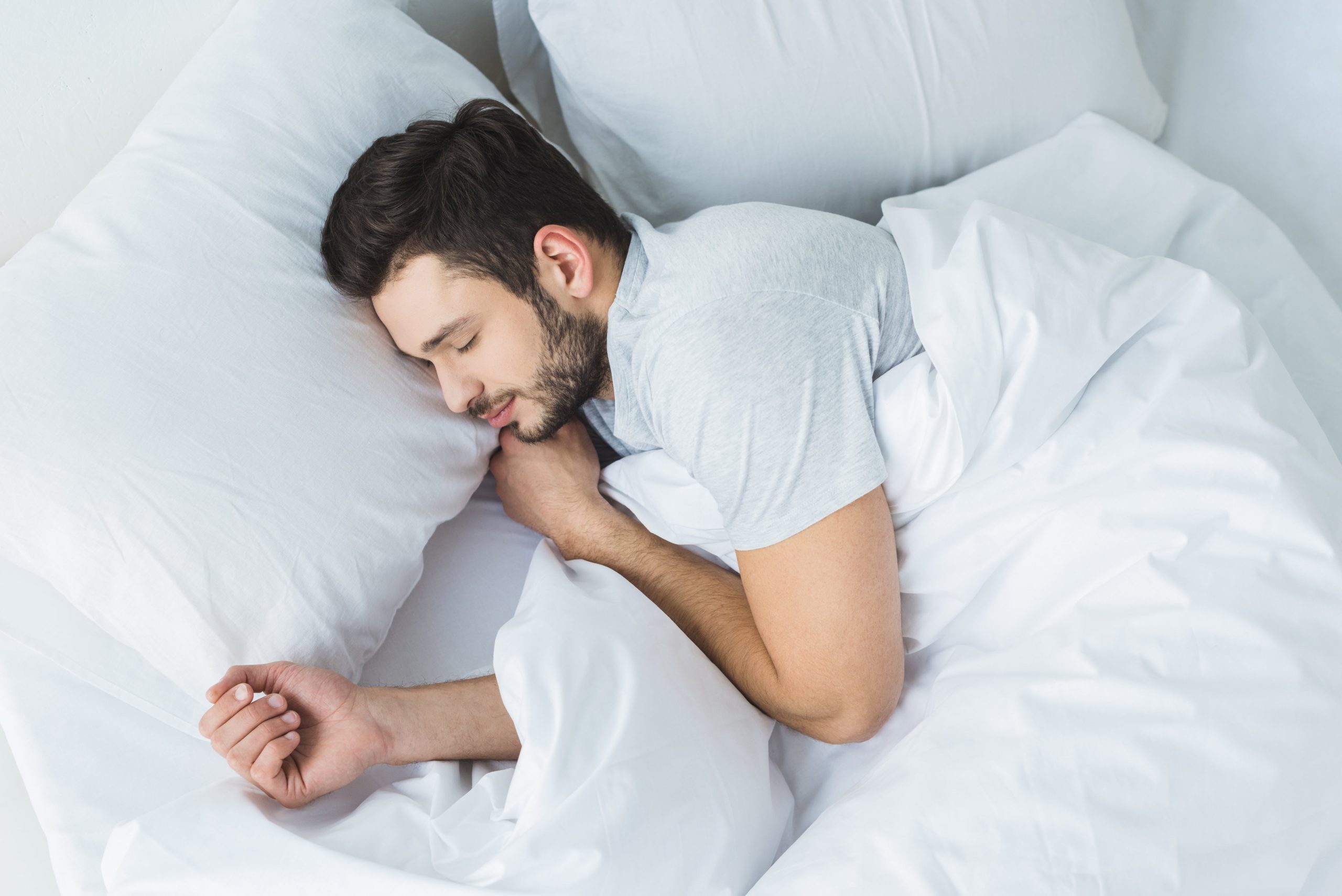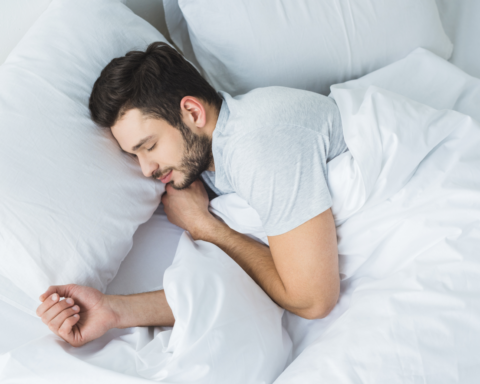Getting enough sleep is as critical as other aspects of lifestyle, including a healthy diet and regular exercise. Still, people do not get enough sleeping times or good quality sleep, adversely affecting them in various ways.
Sleep is essential for every person, especially to keep the body healthy and be able to run daily activities smoothly. Of course, people’s needs and preferences differ even with sleep, but there is the minimum hour of sleep one needs to have. Besides the sleeping hours, many other aspects affect sleep quality, including how long you take to sleep once in bed and how you feel the following day. Peer into this article to know more about sleep, including how much you need per day.
Quality sleep is an indicator of health
While many people view sleep as a time for the body to relax and take a break from the day’s activities, there is a lot that goes on while a person sleeps and the brain is not, in fact, asleep. The day’s activities wear out muscles, and it’s at night that they are rebuilt and toxins removed from the brain to keep you healthy. Besides, as you get enough quality sleep, you allow the body to regulate your feelings and emotions, and without this, the emotions are interfered with by 60%, making you feel cranky, unease, and less active the following day.
Since sleep is important for your health, depriving your body of enough of it may jeopardize the regular running of the immune system, appetite, and metabolism. Besides, the deprivation affects the circadian rhythm, the 24hour internal clock that controls metabolism, inflammation, and emotional response in a wake-sleep system. In fact, not maintaining the same sleeping times, not getting quality sleep, and keeping the eyes exposed to bright light could disrupt the circadian rhythm’s functionality and interfere with its regulatory processes. While quality sleep is a major concern today, there is no consensus on what quality sleep means. However, how fast you fall asleep once in bed, how you feel the following day, the time you spend in varied sleep stages, and how many times you wake up mid-sleep all determine the quality. Since sleep is this critical to the body, prioritizing it and ensuring that your body gets enough of it is crucial to your health.
Sleep deprivation might be detrimental
Although one may think that the only problem of sleep deprivation is fatigue, there is more to it. For instance, it may interfere with your cognition, making you predisposed to motor accidents, less active, cranky, and unable to think and make sound decisions. In fact, one study found sleep deprivation of five hours in 4 consecutive days as bad as 0.06 blood alcohol concentration. In addition, not getting enough sleep increases a person’s risk to lifestyle yet critical conditions like heart disease, heart complications, and obesity. Since it’s when one sleeps that the brain eliminates waste, sleep deprivation is closely linked to cognitive decline, including Alzheimer’s disease.
Sleep needs are affected by varied factors
How much sleep people need may differ and is affected by several factors. However, the main important factor for one every person’s sleep needs is age. On average, most people would need 7-9hours of sleep, although it can get lower or higher than this based on several factors. However, based on age, the sleep requirement breakdown is as shown below;
| Age Category | Year Specification | Recommended sleep/day |
| Newborns | 0-3 months | 14-17 hours (naps inclusive) |
| Infant | 4–12 months | 12–16 hours (naps inclusive) |
| Toddler | 1–2 years | 11–14 hours (naps inclusive) |
| Preschool | 3–5 years | 10–13 hours (naps inclusive) |
| School Age | 6–12 years | 9–12 hours |
| Teen | 13–18 years | 8–10 hours |
| Adult | 18–60 years | 7 or more hours |
| Adult | 61–64 years | 7–9 hours |
| Adult | 65 + | 7–8 hours |
Other factors influencing sleep needs
Of course, not every single person will need the same hours of sleep as recommended above. Several factors may make one need less or more hours of sleep, and the two main ones include;
a. Genetic composition and makeup
Genetics determine your sleep patterns and needs, including your daily sleep requirements, your body’s response to lack of sleep, and the times you prefer to sleep. For instance, one genetic mutation causes those who have and don’t have it to need 6 and 8 hours of sleep, respectively. Besides, other genetic disorders may make one be negatively affected by deep sleep or sleep deprivation more seriously than others. Unfortunately, there is nothing a person can do about his genetic composition and its effects on his sleep patterns and needs. However, studying yourself and noting how you feel the following day helps you know whether you are having enough sleep or otherwise.
b. Sleep quality
Your sleep quality also influences your sleep needs. For instance, if you deprive yourself of sleep, you will likely need to sleep more the following day. The same applies even if you slept longer, but your sleep quality was low. Similarly, having a good sleep, even if it’s way below the recommended hours, may leave you feeling refreshed and strong enough to handle the next day’s activities. Lastly, underlying conditions such as sleep disorders and apnea could also change your sleep needs.
Bettering your sleep experience
Sleep is undoubtedly critical for good health, and having said that, here are a few tips that will help you better your sleep experience;
- Venture into meditation to boost your sleep quality
- Keep off caffeinated drinks, alcoholic beverages, and nicotine in the evenings
- Engage in exercise during the day and keep active for better sleep
- Make your sleep environment comfortable by stabilizing room temperature and silence
- Listen to soothing music before bed
- Sleep at the same time every night not to confuse the circadian rhythm
Conclusion
Sleep is important to the body, and getting enough of it helps a person keep healthy. In contrast, sleep deprivation is detrimental and may lead to cognitive problems and increased risks of lifestyle diseases. While every person’s sleep needs may vary, most people would need an average of 7-9 hours of sleep per day. Maintaining a routine, being active during the day, and creating a welcoming environment are some tips that can better your sleep.
Credits
We would like to thank the below contributors who have helped us to write this article:
- FDC – Giejo Magazine Article - July 29, 2023
- MoriMa Tea the – Chinese tea culture - April 26, 2023
- Missionary Position – Least Likely To Bring You To Climax - April 7, 2023









